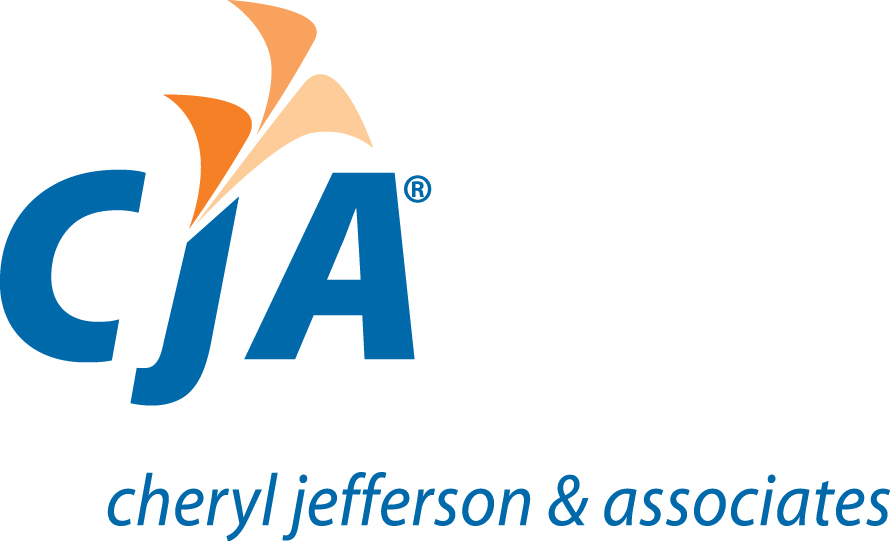Working capital is the difference between a company’s current assets and its current liabilities. Current assets include cash, inventory, receivables, and other assets which are expected to be turned into cash within one (1) year. Current liabilities include accounts payable, loans…
Read MoreAllowability of Meals and Entertainment
Allowability of Meals and Entertainment As a government contractor, understanding the allowability of meals and entertainment is imperative to your business. You can recuperate costs from the government if they are allowable. How do you know though, which costs are…
Read MoreGovernment Contract Accounting FAQ
Government Contract Accounting FAQ There are government contract accounting questions that frequently come up during the course of recording transactions or bookkeeping. These questions seems to be popular among our clients and potential clients, no matter what the tenure. 1….
Read MoreQBO Still Not for Government Contracts
QuickBooks Online Still Not for Government Contracts Technology is moving at warp speed and this holds true for accounting software as well. For the last 20+ years, QuickBooks Desktop has been the go-to accounting software for small businesses, including government…
Read MoreUncompensated OT Hours
Uncompensated OT Hours Government contractors with salaried employees could potentially have uncompensated overtime (OT). Uncompensated OT affects Incurred Cost Submissions, Proposed Budget Rates, Indirect Rates, and billing the government. Improper handling of uncompensated OT can result in the contractor most…
Read MoreICS Schedules Explained
ICS Schedules Explained Have you seen all the schedules on an Incurred Cost Submission (ICS)?! The ICS seems to never end. Why are there so many schedules and what do they do? Before explaining all these schedules, a quick review…
Read MoreIndirect Costs and Billing Rates
Indirect Costs and Billing Rates For government contractors there is a considerable amount of emphasis on indirect costs. The Federal Acquisition Regulations (FAR) provides the parameters for grouping these costs. Per FAR 31.203(c), “logical cost groupings” are for indirect costs….
Read MoreFAR Compliance in QB
How to Maintain FAR Compliance in QB One of the areas of concern to government contractors is meeting the requirements for bookkeeping under Federal Acquisition Regulations (FAR). While the Defense Contract Audit Agency (DCAA) does NOT approve or recommend any…
Read MoreFAR: Government Contracting Mystery
Government Contracting Mystery The world of government contracting is often a mystery for those looking in from the civilian world. Many wonder what DCAA and FAR are. To clear up some of the mystery, here are answers to some common…
Read MoreMore Unallowable Costs
More Unallowable Costs Government contractors must adhere to the Federal Acquisition Regulation (FAR), which provides businesses the guidelines on contract procurement. Under FAR, there are costs that are not billable to the government, such as, organizational costs, fines and penalties,…
Read More

